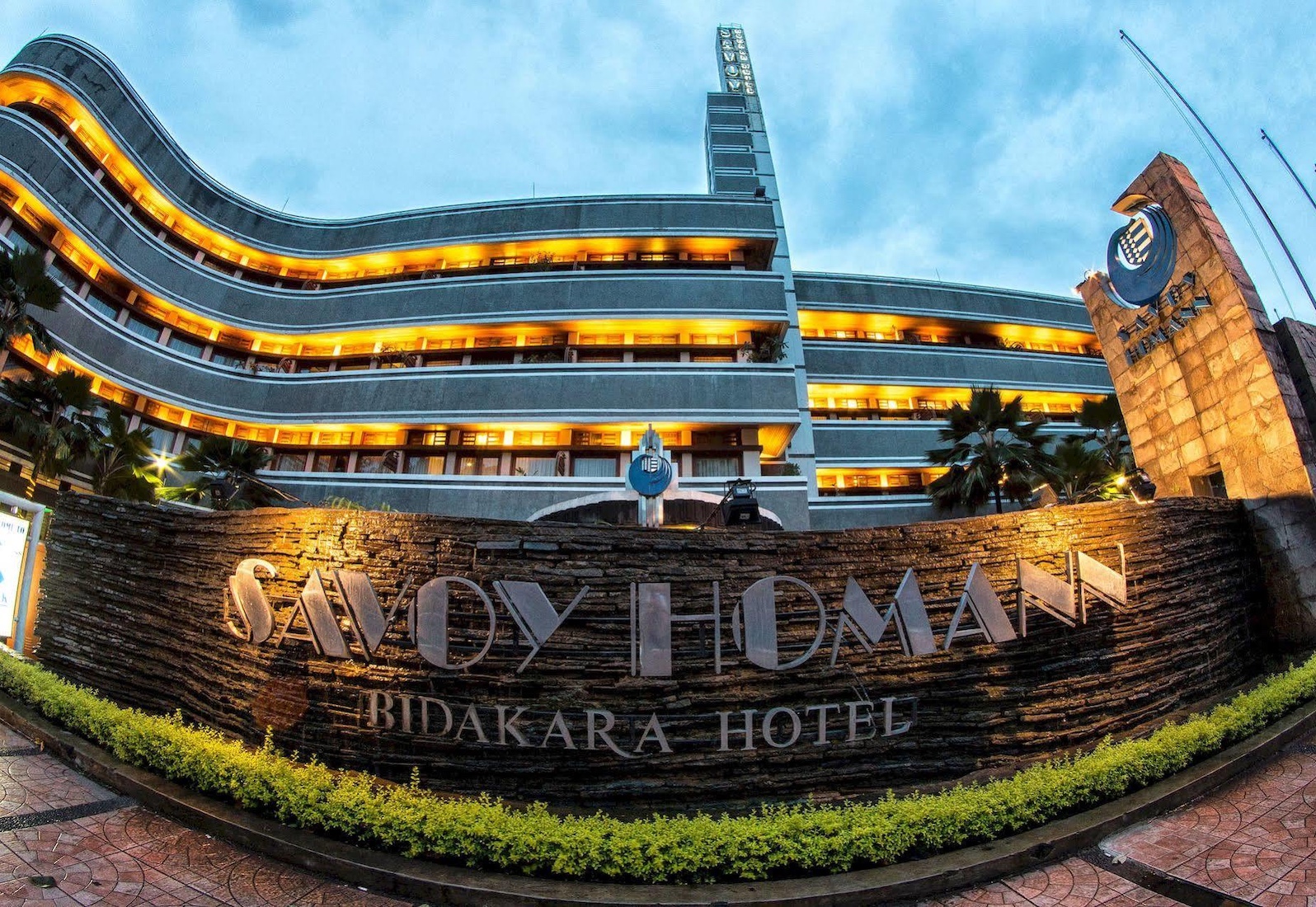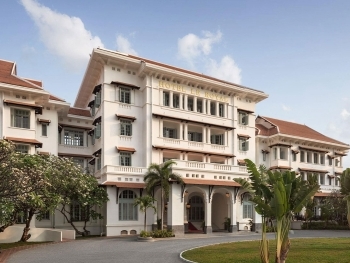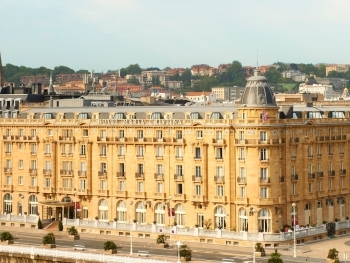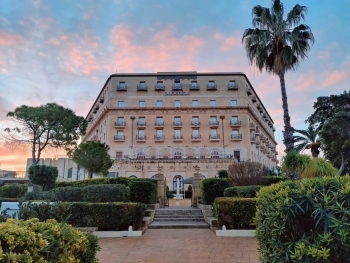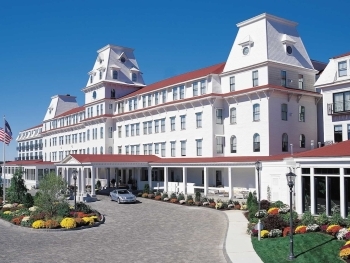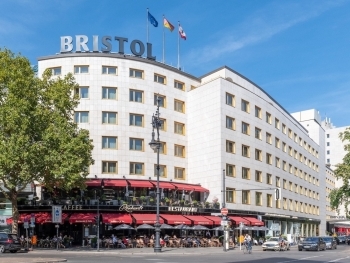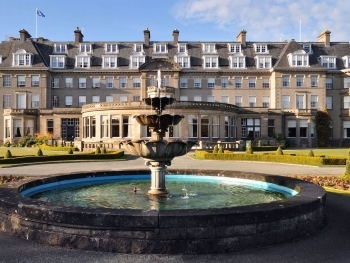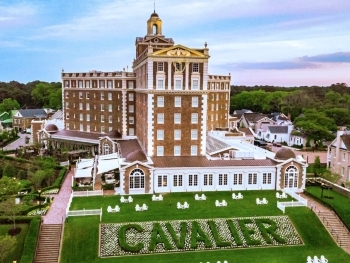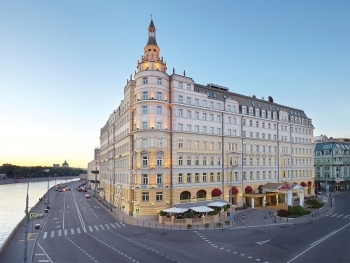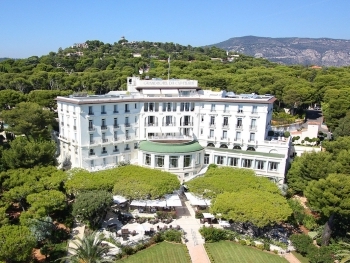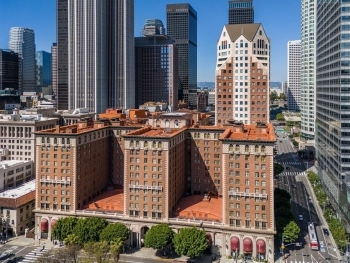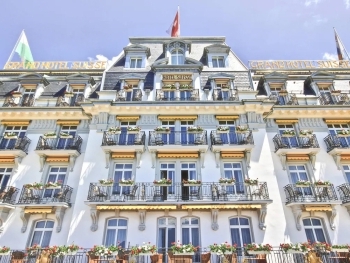Hotel Savoy Homann is not merely a place of lodging but a historic landmark in Bandung, Indonesia. This iconic establishment, known for its unique architectural style and rich history, has been a witness to the city’s transformation over the decades. From its origins in the early 20th century to its current status as a premier heritage hotel, the Savoy Homann has a story intertwined with the social, cultural, and political fabric of Bandung.
Historical Background
Early 20th Century Beginnings
The origins of the Hotel Savoy Homann trace back to 1939, during the Dutch colonial period. The hotel was founded by the Homann family, who were of German descent. Initially named Homann Hotel, it quickly became a favored destination for travelers and the elite due to its strategic location on Jalan Asia Afrika, formerly known as Jalan Raya Timur. The street was a major thoroughfare in the city, contributing to the hotel's prominence.
Architectural Evolution
The original design of the hotel was relatively modest, but it underwent significant transformations in the late 1920s and 1930s. The renowned Dutch architect Albert Aalbers redesigned the hotel in 1939, incorporating elements of the Art Deco style, which was popular at the time. Aalbers' design gave the hotel its distinct curved façade, streamlined forms, and the use of modern materials like reinforced concrete, making it an architectural marvel.
Golden Era and Political Significance
The Asian-African Conference
The Hotel Savoy Homann gained international fame during the Asian-African Conference (also known as the Bandung Conference) in 1955. The conference was a gathering of Asian and African nations, many of which were newly independent, aiming to promote economic and cultural cooperation and oppose colonialism. Delegates from 29 countries, including prominent leaders such as Sukarno, Jawaharlal Nehru, Zhou Enlai, and Gamal Abdel Nasser, stayed at the hotel. The hotel's luxurious amenities and strategic location near the conference venue made it the perfect host for this historic event.
Cultural Hub
Beyond its political significance, the Hotel Savoy Homann has always been a cultural hub. In the mid-20th century, it was known for its grand ballroom, which hosted numerous social events, from glamorous parties to cultural performances. The hotel’s in-house orchestra and jazz band were particularly famous, attracting both local and international guests.
Architectural and Interior Features
Art Deco Masterpiece
The architectural design by Albert Aalbers remains one of the most striking features of the Hotel Savoy Homann. The façade is characterized by its sweeping curves and geometric patterns, typical of the Art Deco movement. Inside, the lobby and public spaces continue the theme with elegant lines, chrome details, and a blend of classic and modernist elements.
Luxurious Accommodations
The rooms and suites at Hotel Savoy Homann are a blend of historical charm and modern comfort. High ceilings, large windows, and period furnishings create an ambiance of bygone elegance, while modern amenities ensure a comfortable stay. Each room is uniquely decorated, reflecting the hotel's rich history and commitment to luxury.
Modern Era and Renovations
Preservation Efforts
In recent years, there have been concerted efforts to preserve and restore the Hotel Savoy Homann’s historical features. The renovations aim to maintain the architectural integrity of the original design while updating the facilities to meet contemporary standards. This delicate balance ensures that the hotel retains its heritage charm while providing modern comforts.
Hospitality and Services
Today, the Hotel Savoy Homann offers a range of services that cater to both leisure and business travelers. The hotel boasts several dining options, including a restaurant that serves traditional Sundanese cuisine, a café with a selection of international dishes, and a bar that offers a variety of beverages. Additionally, the hotel provides extensive conference and event facilities, making it a popular choice for business meetings and social gatherings.
Cultural and Social Impact
Icon of Bandung
The Hotel Savoy Homann is more than just a hotel; it is an icon of Bandung. Its presence has been a part of the city’s identity for over a century, symbolizing the blend of historical richness and modern development that characterizes Bandung. The hotel’s legacy continues to attract tourists, historians, and architecture enthusiasts from around the world.
Contribution to Tourism
As a heritage hotel, the Savoy Homann plays a crucial role in promoting tourism in Bandung. It offers visitors a unique experience that combines luxury accommodation with a deep sense of history. The hotel’s historical tours, which highlight its architectural features and significant events, provide an educational and immersive experience for guests.
Hotel Savoy Homann stands as a testament to Bandung’s rich historical and cultural heritage. From its architectural splendor and luxurious accommodations to its role in significant historical events, the hotel encapsulates the essence of a bygone era while continuing to evolve with the times. For anyone visiting Bandung, a stay at the Hotel Savoy Homann is not just a chance to enjoy world-class hospitality but also an opportunity to step back in time and experience a piece of history.
